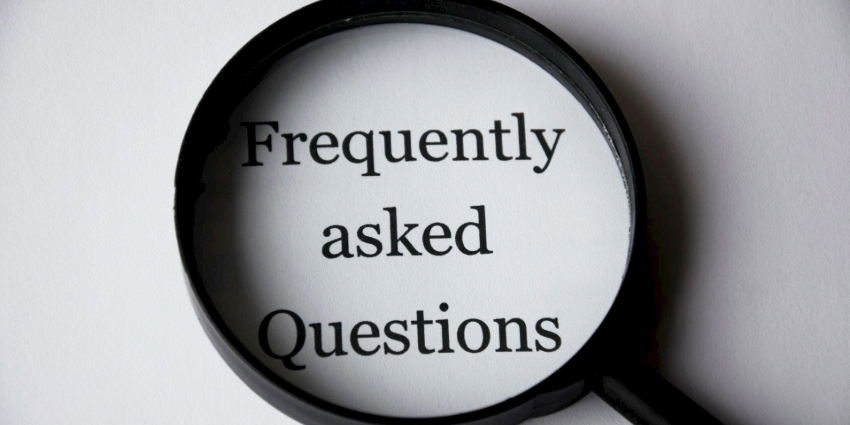How SUCCESSFULLY can you read someone’s mind? (Notice I wrote successfully – we often believe we can read minds, but we usually do so in error.)
How SUCCESSFULLY have others been able to read your mind? (Meaning they delivered exactly want you wanted and needed, in the exact fashion you wanted and needed it delivered?)
Unless you’re telepathic, and those around you are telepathic as well, chances you answered the above questions with “VERY SUCCESSFULLY” are not good.
Yet, we still expect telepathy to be a skill people around us possess.
Oh, no? I’m wrong, you say? You don’t expect those around you to be telepathic and read your mind?
Read on, my friend.
Let’s talk about Expectations – more specifically Unclear Expectations.
When you charge your team or an individual with a task or a job to complete, are YOUR expectations clear? Without clear expectations, the final product won’t likely turn out to be what you had in mind.
1. The most important expectation to set revolves around purpose.
What is the purpose for what you’re asking?
For example: If you ask a team member to develop a job description for a new role, they need to know: Are you going to post it straight to a job site or distribute it throughout the organization? If so, it needs to be written with an editor’s eyes. However, if you’re simply brainstorming options, a quick bullet list might be fine. The purpose of your request is important – did you expect them to know what you were going to do with the job description when you asked?
2. The second most important expectation to set involves success metrics.
How will you measure the success of what was requested?
For example: If you ask your social media team to create engaging content, how will you measure that: the amount of ‘Likes’ or the amount of interactions and comments? The success metrics you’re going to use to measure performance needs to be communicated as well, or you will be disappointed.
As you move through this Friday, ask yourself the following:
1. “When I make a request, do I expect people to know what I want and why I want it or do I actually communicate it?
2. “How clearly did I communicate my last request or direction? Do I need to double back and ensure I’m going to receive what I need, for the purpose that I need?”
3. Would I rather play Zoltar, the Leader Relying on Telepathy, and let the chips of productivity fall where they may?” (Hopefully not, but I guarantee wearing the costume would be fun on your next Zoom call.)













